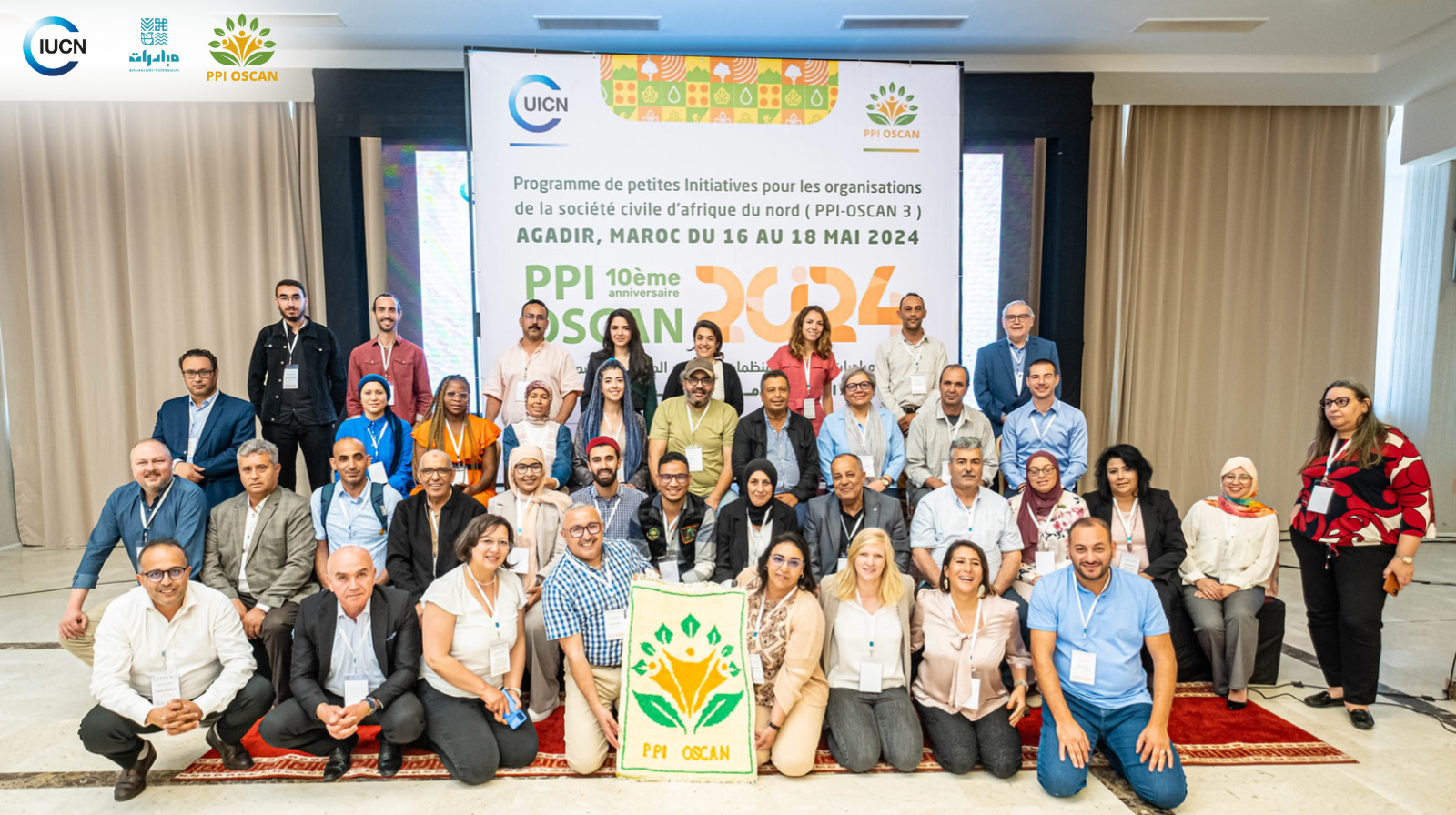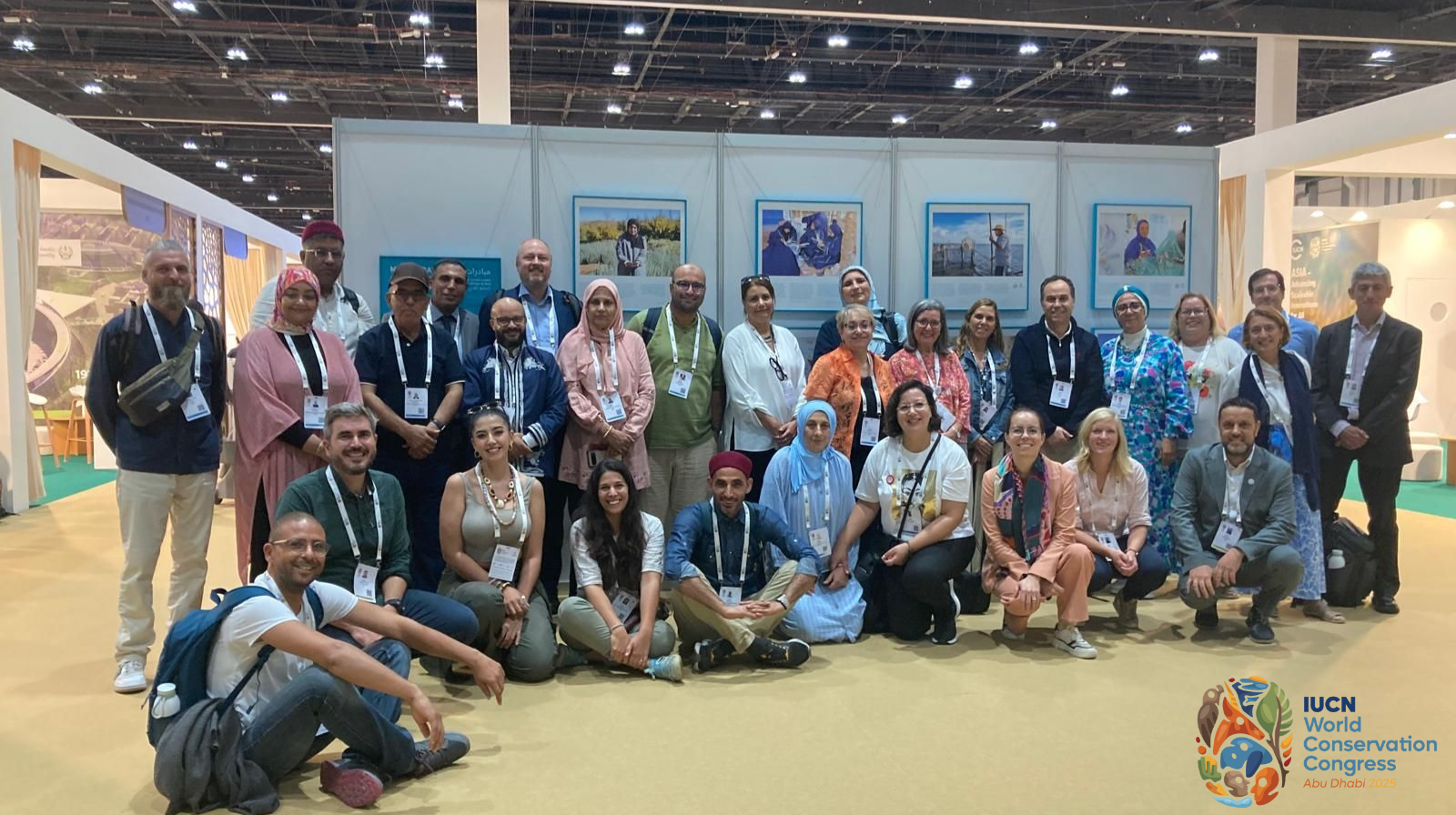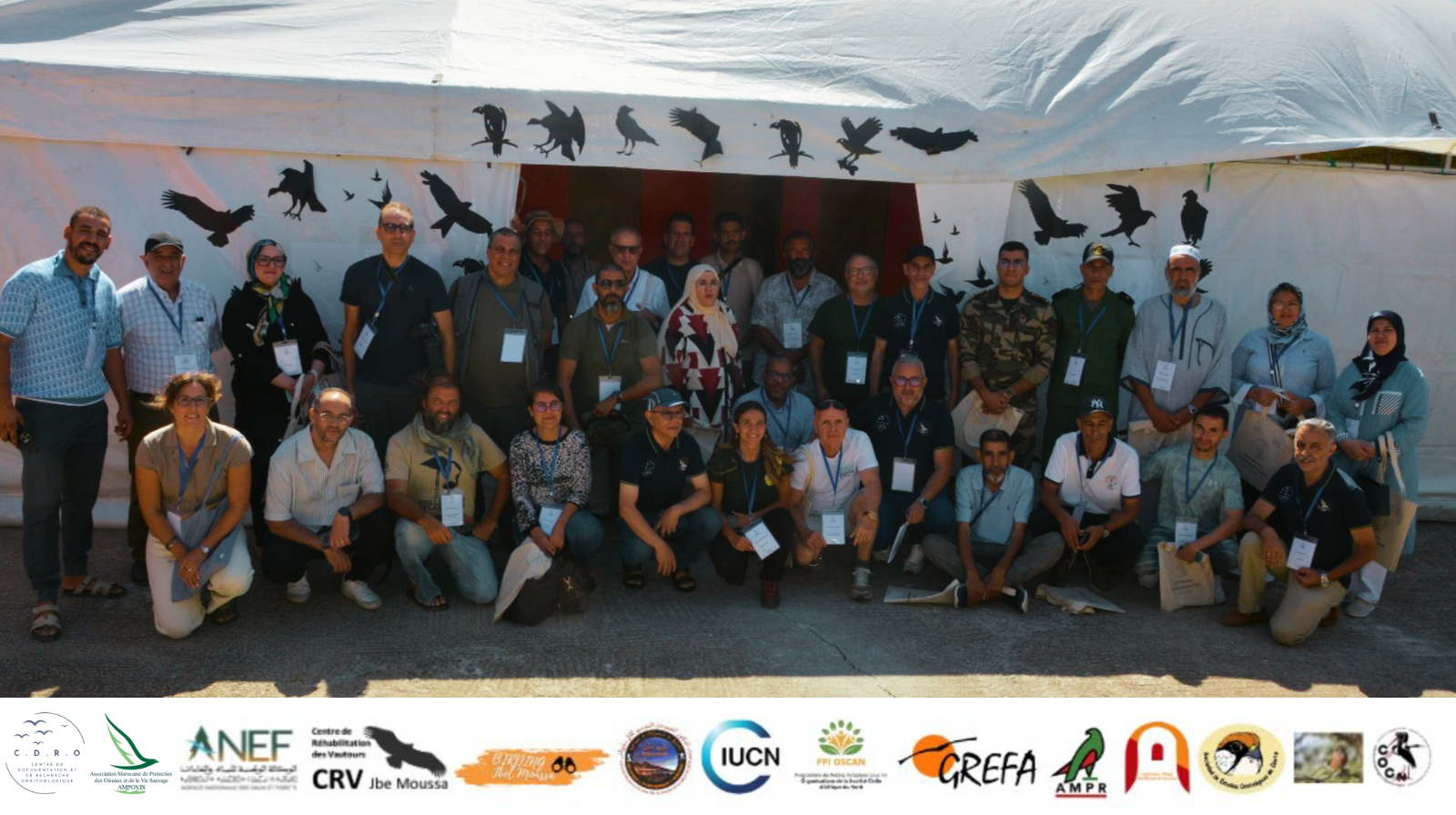Preserving the Eastern Cap Bon Lagoons: A Biodiversity and Sustainable Development Initiative
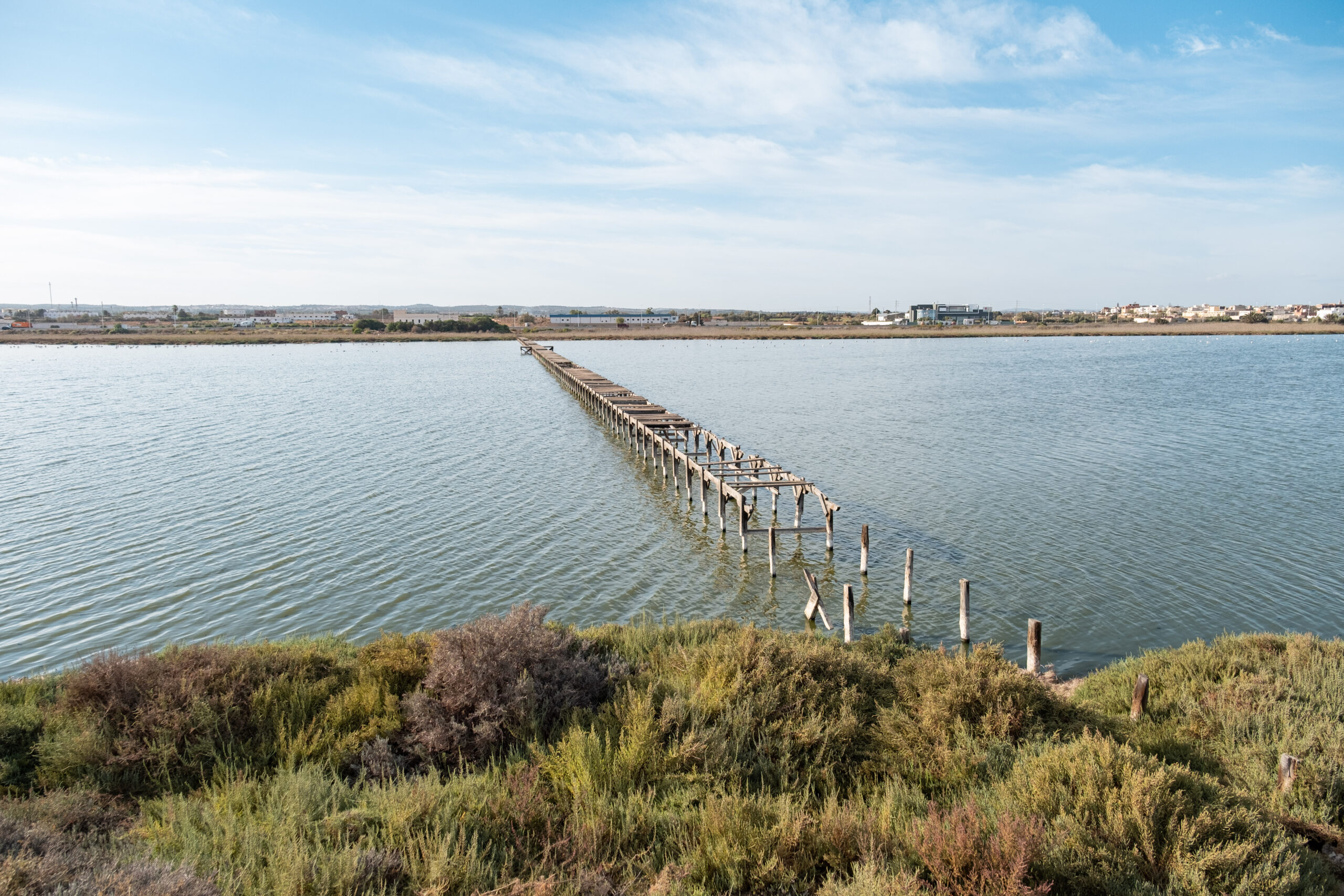
Located on the northeast coast of Tunisia, the Cap Bon Oriental Lagoons (LCBO) are exceptionally rich ecosystems. They are home to diverse biodiversity and play a crucial role in environmental regulation and the livelihoods of local communities. However, these environments are threatened by human activities, including industrial pollution and unsustainable exploitation of resources. Faced with these challenges, the Association Ecotourism Environment , with the support of the PPI-OSCAN program, has set up an ambitious project to preserve these lagoons while encouraging environmentally friendly economic development.
A Strong Local Network for Conservation
From the beginning of the project, the main objective was to create a synergy between local actors to ensure effective and sustainable management of lagoons. This is how the Local LCBO Management Support Committee (CLAG) was created, bringing together six associations committed to environmental protection. This alliance strengthened conservation actions and launched a specific project for the Maamoura lagoon, involving several national and local partners.
The project also placed special emphasis on youth as a key player in change. A network of young ambassadors has been created to raise awareness and train the new generations in the preservation of lagoons. 22 young people, including 12 girls aged 14 to 24, received training in ecology and civic engagement. In addition, the LCBO Academy, which has provided these young people with strong environmental skills, is currently preparing its second generation, scheduled to launch in May during the school holidays.
As a continuation of these efforts, the association managed to obtain funding for a cycle tourism project around the lagoons, thus combining awareness, sustainable tourism and involvement of local communities.
Fighting Pollution: A Collective Mobilization
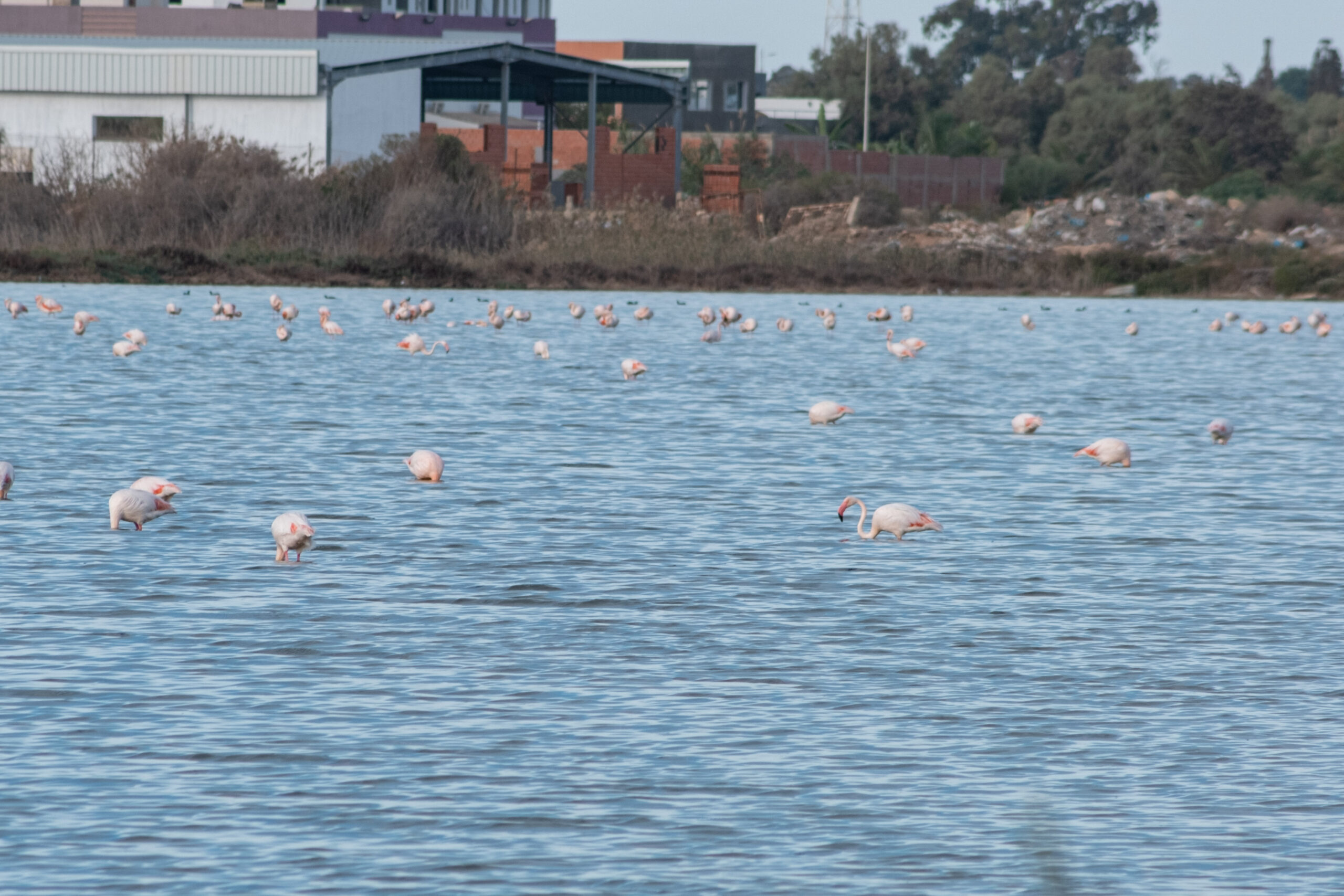
Reducing pollution was another key pillar of the project. Through the concerted efforts of stakeholders, 32 outreach activities were organized for different audiences: school children, high school students, university students, local families and scouts. These actions have made it possible to inform and mobilize the population on the issues related to pollution of lagoons and their impact on biodiversity.
At the same time, the dialogue with industry actors has been fruitful. Five companies have reactivated or installed their wastewater pretreatment plants, significantly reducing their environmental impact. Another company has even presented a roadmap for the establishment of its own treatment plant, demonstrating a concrete commitment by the industrial sector to the protection of lagoons.
These advances were consolidated during seven multi-stakeholder meetings, bringing together 138 participants, of which 59.4% were women. These meetings involved key institutions such as APAL, ANGED, ONAS, local municipalities, the Commissioner of Tourism, the Commissioner of Agriculture, the Forest Guard and citizens living around the Tazarka, Maamoura and Korba lagoons. These discussions led to the development of a concrete action plan, ensuring continuity in conservation efforts.
Ecotourism for Sustainable Development
The association did not stop at preserving the environment. Aware of the ecotourism potential of the lagoons, it has set up three ecotourist tours, aimed at making visitors discover the richness of local ecosystems while raising awareness of good environmental practices.
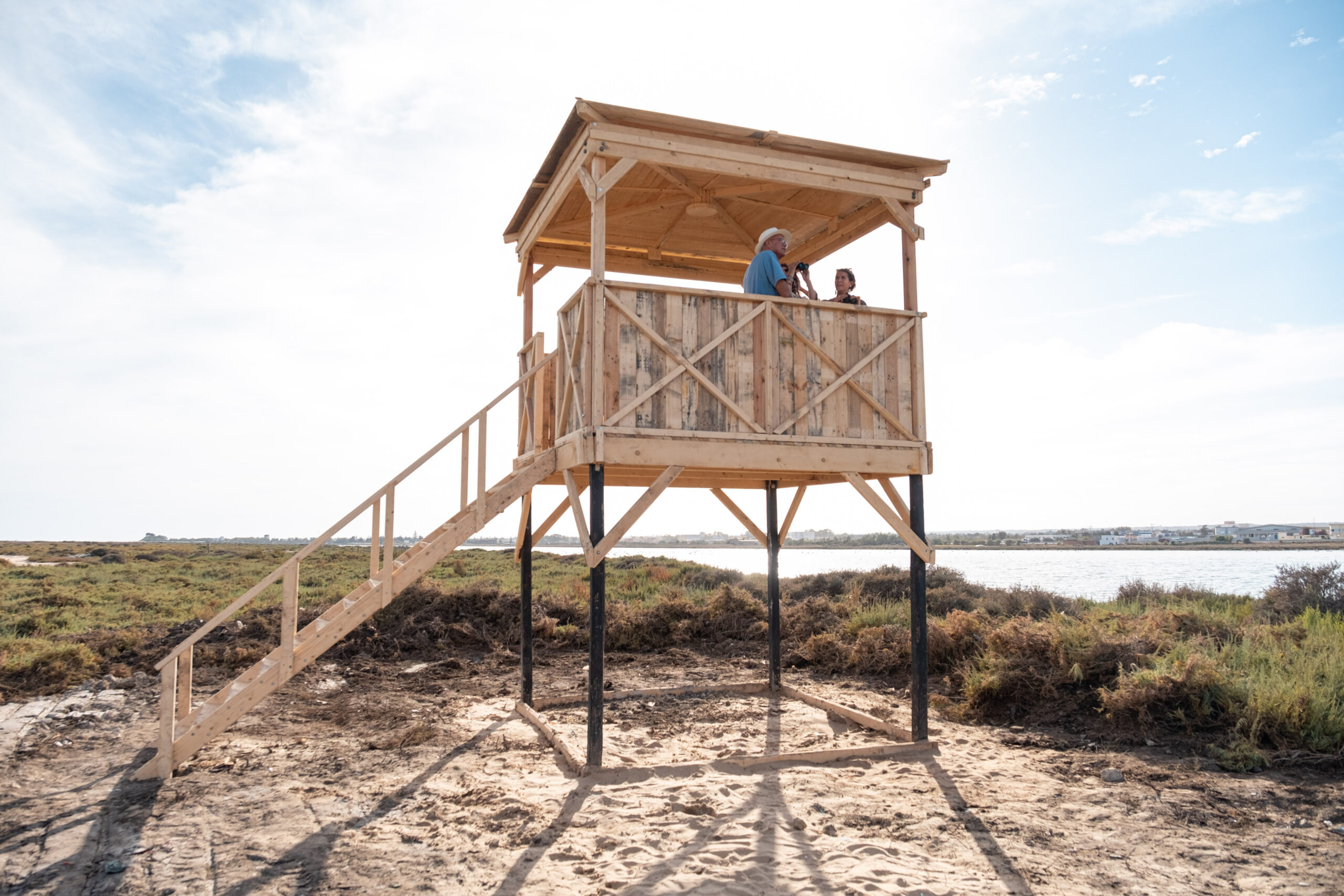
To reinforce this dynamic, three bird-watching towers have been installed, offering nature lovers a privileged space to admire the local avian fauna. In addition, six information and awareness boards have been set up, allowing visitors to learn more about biodiversity and the actions taken to preserve it.
A successful project, a commitment to continue
Through this project, the Association Ecotourism Environment has demonstrated that it is possible to reconcile biodiversity conservation and local economic development. By mobilising associations, young people, industrialists and public institutions, it has managed to create a positive dynamic that goes beyond the scope of the initial project and lays the foundations for sustainable management of the lagoons of Cap Bon Oriental.
Thanks to the PPI-OSCAN 3 programme (coordinated by IUCN-Med and funded by the French Fund for the Global Environment (FFEM), the MAVA Foundation and the Sigrid Rausing Trust ),The involvement of local stakeholders and the actions implemented guarantee the sustainability of conservation efforts. The initiative also paves the way for new opportunities to protect these unique ecosystems, proving that cooperation and environmental education are key to a more sustainable future.

